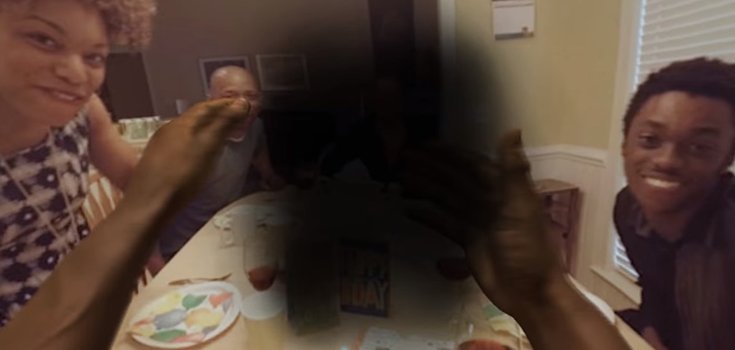Med Students Experience Old Age Via Virtual Reality

The average age of a medical student is 24, making it incredibly difficult for them to empathize with some of their older patients. New doctors may be able to sympathize with their elderly clientele, and may be able to give them medically sound advice, but they likely never experienced the symptoms they will be treating on a daily basis. Enter “We Are Alfred,” a virtual reality program that allows medical students to experience what it is like to be an elderly person with audio and visual issues first hand.
“[Medical students] are usually in their early 20s and not experiencing those kinds of challenges yet, so we decided to create something that would give them the experience of what it might be like to go through the aging process.”
Throughout the seven minute virtual reality “story,” students can wear the device and experience what it is like to be 74-year-old Alfred, an aging man whose audiovisual issues have been misdiagnosed as cognitive problems.
Users experience Alfred’s story through an Oculus Rift Development Kit 2, a virtual reality headset that puts them into a 360 degree live experience. The program becomes even more interactive as it tracks the user’s hands with a Leap Motion device, so that they are projected into the story as Alfred’s.
The project was extremely multidisciplinary, having won first place in the Art/Design/Humanities & Social Sciences Category of all graduate student projects at the UIC Research Forum. It required input from gerontologists, computer science students, communication students, engineering students, actors as well as film and television students to create Alfred’s interactive narrative. Directing it presented a challenge to film student Ryan Lebar of the North Carolina School of the Arts who had to create a film that allowed users to look in all directions.
Carrie Shaw credits the diverse backgrounds of the students involved for the success of her project.
“It speaks to the complexity of life. If you work in one discipline, it’s easy to focus in on that one thing, working with yourself, but if you can balance working across a group of people with different ideas and perspectives, what you create winds up looking a little bit more like the things we actually have to deal with in the world.” [1]
Sources:
